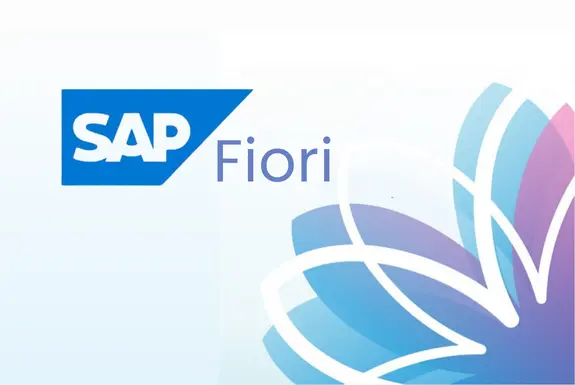To begin with, Pega is a popular platform for Business Process Management. In addition, it is a Java-based platform ideal for those who want to build their apps. Pega facilitates rapid application development and helps in accelerating the application development and deployment. It also helps in improving the efficiency and also streamlines processes and reduces manual effort. Pega enhances the customer experience and provides businesses with efficient customer interactions. Using Pega ensures great scalability and helps in handling the increasing workloads. Above all, it optimizes the resource utilization and lowers operational costs.
Use Cases of Pega
To begin with, Pega is a popular and leading low-code platform that is used across various industries. Using this tool helps in streamlining the processes, improve the customer experiences, and drive digital transformation. Pega can be used across different industries and its flexibility and adaptability make it suitable for a wide range of business processes. To further know about it, one can visit Pega Course. Now let’s have a look at the popular use cases of Pega.
- Chatbots and Virtual Assistants- Pega is useful for creating the intelligent chatbots for handling the customer inquiries.
- Case Management- This tool helps in streamlining the customer service processes and also manages the use cases efficiently.
- Lead Management- It is useful for lead management and helps in automating the leads for generation, qualification, and nurturing.
- Sales Force Automation- This solution is useful for streamlining the sales activities and tracking opportunities.
- Marketing Automation- It helps in personalizing the marketing campaigns, sending targeted messages, and analyzing campaign.
- Onboarding and Offboarding- This tool facilitates automating onboarding and offboarding processes for new hires.
- Talent Management- Pega also facilitates title management and helps in managing the employee performance and development.
- Time and Attendance- This tool helps in tracking employee time and attendance for payroll and compliance purposes.
- Order Management- Pega facilitates order management and helps in automating the tasks like order processing and invoicing.
- Accounts Receivable and Payable- This solution is also useful for managing accounts receivable and payable processes efficiently.
- Financial Reporting- Pega is capable of generating accurate and timely financial reports.
- Patient Engagement- Using Pega helps in improving patient engagement through personalized communication and services.
- Claims Processing- It helps in automating claims processing and reducing manual errors.
- Clinical Decision Support- Pega provides great decision support tools for healthcare professionals.
- Policy Administration- It helps in managing the policy issuance, renewals, and changes.
- Claims Processing- This software solution is capable of streamlining claims handling and reducing processing time.
- Risk Management- It is useful for assessing and managing the risks associated with insurance policies.
Significant Features of Pega
Pega is a popular low-code platform and using it provides businesses with a comprehensive set of features. In addition, Pega allows organizations to build and deploy applications quickly and efficiently. Leveraging Pega’s features and capabilities allow the organizations can improve their operational efficiency and enhance customer satisfaction. Many institutes provide Pega Certification course and enrolling in them can help you start a career in this domain. Apart from these, given below are the significant features of Pega.
- Case Management- Helps in streamlining the processes and managing the cases efficiently.
- Rules Engine- This solution is capable of defining the business logic and decision-making rules.
- Integration Capabilities- Comes with various integration capabilities to integrate with various systems and data sources.
- Workflow Automation- Pega facilitates Workflow automation and helps in automating the tasks and workflows.
- Reporting and Analytics- This feature is useful for providing the insights into process performance and metrics.
- Deployment Flexibility- Pega helps in deploying the applications on-premises, in the cloud, or in a hybrid environment.
- Artificial Intelligence (AI)- It is useful for incorporating the AI capabilities like natural language processing and machine learning.
- Customer Engagement- Pega facilitates personalized customer interactions and experiences.
- Process Mining- This tool helps in analyzing the existing processes to identify inefficiencies and opportunities for improvement.
- Low-Code Development- This solution is useful for helping the developers with minimal coding experience to build applications.
- Mobile App Development- It creates mobile apps for platforms such as iOS and Android platforms.
- Integration with Other Systems- This is capable of seamlessly integrating with other enterprise applications.
Conclusion
Pega is a leading low-code platform that offers a comprehensive set of features. It empowers organizations to streamline processes, improve customer experiences, and drive digital transformation. With its capabilities in case management, rules engines, integration, and AI, Pega can be applied across various industries to address specific business needs. By leveraging Pega’s platform, organizations can enhance operational efficiency, reduce costs, and achieve their strategic objectives.




